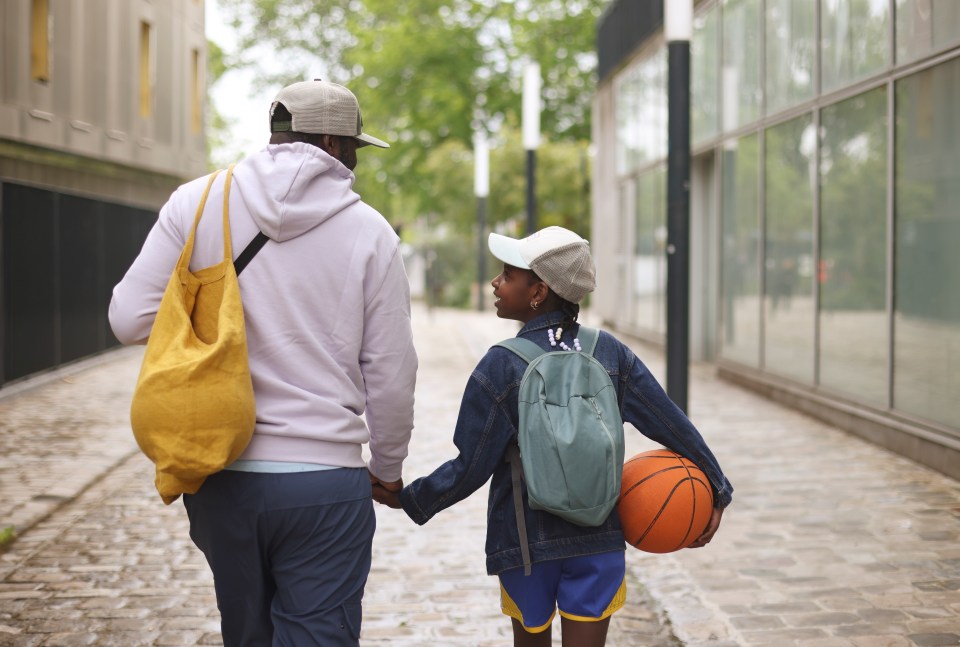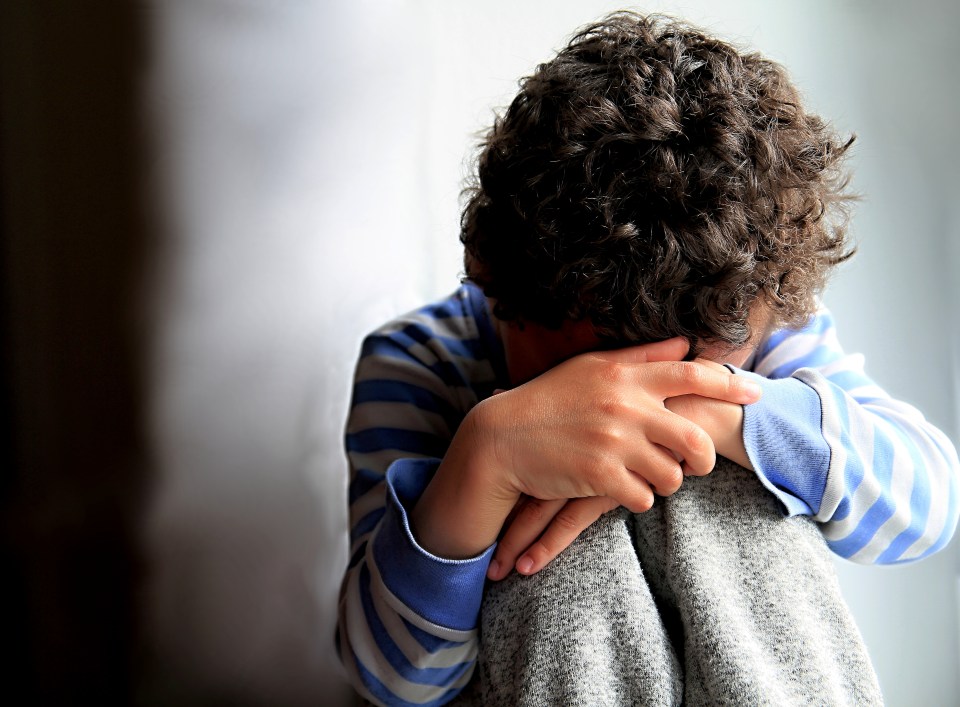MORE than half of parents are concerned about their child’s mental health over the summer holidays – and just as many fear for their own.
A shocking new study of 2000 mums and dads found that 54 per cent were worried about their kids’ well-being ahead of next week’s break.
But it’s not just their children that parents are worried about this summer – 51 per cent said they’re also struggling to cope themselves.
The survey, by charity Sport in Mind, revealed that rising childcare costs, lack of support, and the pressures of juggling work and parenting are pushing many to breaking point.
Neil Harris, CEO of Sport in Mind, said: “Parents told us their biggest concerns around mental health this summer stem from the pressure of juggling work and parenting, the lack of support or personal time, and growing financial strain.
“The ongoing cost of living crisis is hitting families hard, with rising childcare and activity costs making it even tougher to keep children active and mentally well during the holidays.”
Childcare costs have rocketed in recent years, with holiday clubs now averaging £157 per week, per child.
Other extra-curricular activities have also become just as expensive, with nearly a quarter of parents saying that financial barriers prevent their child from participating in sport over the summer holidays.
These hefty price tags along with a lack of organised activities and preferences for screens or video games, leave kids vulnerable to mental health issues, the charity says.
Sport in Mind is delivering free sessions via the Holiday Activities Programme, a government-funded scheme helping children stay active and engaged during school breaks as well as free Youth journals.
A Sport in Mind youth participant said: “Coming to Sport in Mind sessions gets me active and out of the house.
“At home, there’s no one to play with, but here I can try new sports and activities. I also get to meet people from my school and make new friends.”
It comes as Heidi Ellert-McDermott, 48, recently shared with The Sun how she suffers from reverse SAD during the summer months.
Seasonal affective disorder (SAD) is a type of depression that affects one in 20 people in the UK.
While traditionally associated with dark winters, “reverse SAD” affects ten per cent of those with the condition.
Clinical psychologist Dr Andrea Pickering, fellow of the British Psychological Society and clinical director at Clinical Partners, said: “It is triggered by seasonal changes, most commonly during winter but sometimes in summer.
“Like other forms of depression, it’s linked to chemical changes in the brain, particularly involving serotonin which regulates mood, and melatonin which controls sleep.
“In winter, less sunlight leads to lower serotonin levels and increased melatonin production.
“In summer, the brain can become overstimulated by too much sunlight or heat, which can disrupt sleep cycles and leave people feeling agitated, anxious and unbalanced.
“So while the triggers are seasonal, the brain’s response is similar to depression, just with different timing.”














